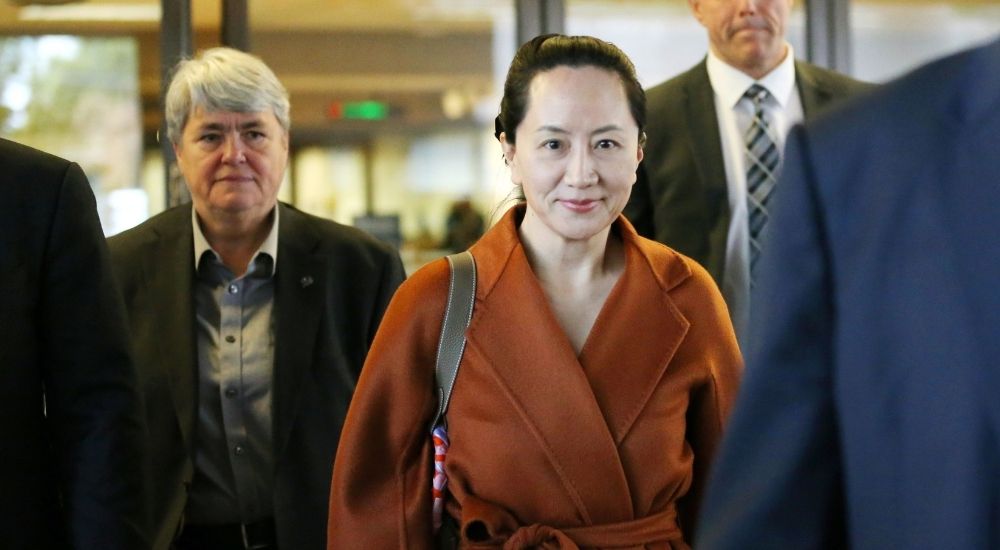UK Court rejects Huawei CFO’s request to access HSBC records sent to the US

UK Court on Friday rejected Huawei’s Chief Financial Officer’s application seeking bank records from HSBC. Meng Wanzhou had sought the records in a bid to prove she did not trick lenders into processing transactions that violated US sanctions targeting Iran.
Meng who is fighting extradition to the US from Canada, had asked London’s High Court to grant an order to obtain the records, which she says will show what the bank knew about Huawei’s ties to Iran-linked company Skycom that sparked the extradition request.
The executive was arrested in Canada on a US handover request in December 2018 and later released on $7.9 Million bail. US authorities are seeking Meng to face fraud charges, alleging that she misled banks into handling transactions that violated American sanctions.
At the heart of the case lies a Powerpoint presentation Meng gave to HSBC in Hong Kong in 2013. Meng says the presentation made clear that Skycom was a business partner of Huawei and worked with the firm in sales and services in Iran, her lawyer James Lewis said in a court filing made public.
US prosecutors and HSBC contest this. They say the presentation was misleading because Meng failed to state that Huawei controlled Skycom’s operations in Iran. The US alleges that because of this, HSBC continued to provide banking services to Huawei, including clearing US Dollar transactions related to Skycom’s commerce in Iran, Lewis said. Meng’s alleged deceit is said to have placed HSBC’s economic interests at risk by exposing it to the potential violation of US sanctions.
Meng denies any wrongdoing. She had hoped to use the bank’s records in “in support of her abuse of process and evidential sufficiency arguments in the extradition proceedings,” Lewis said.
Meng’s alleged actions had no genuine connection to the US, her lawyers have previously argued in their bid to end her extradition from Canada. Her lawyers have fought to add an additional allegation of abuse of process to the case, claiming that the US misrepresented Meng’s actions to Canada in its request for her extradition, and that her actions did not cause HSBC to violate US sanctions against Iran.
Huawei lawyers also submitted seven affidavits from legal experts, including an ex-US ambassador and international law professors in California and the Netherlands, to support their claims.
Meng’s lawyers submitted testimony from expert witnesses including John Bellinger, a former White House lawyer, as well as a Huawei presentation outlining its relationship with businesses operating in Iran, to back Huawei’s argument that the US left out key facts about communication with HSBC about Huawei’s operations in Iran when requesting Meng’s extradition from Canada. The submissions show that the evidence used by the US as part of their case is “manifestly unreliable, so unreliable and defective, to justify refusing to commit Meng for extradition,” lawyers for Huawei wrote.
Huawei lawyers have previously argued that the US extradition request was flawed because it omitted key evidence showing Meng did not lie to HSBC about Huawei’s business in Iran. In previously submitted documents, Meng’s lawyers claim the case that the US submitted to Canada is “so replete with intentional and reckless error” that it violates her rights.





